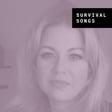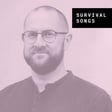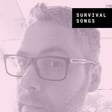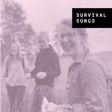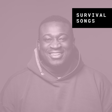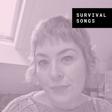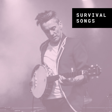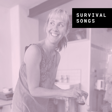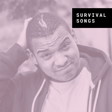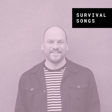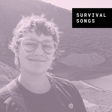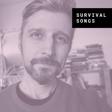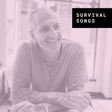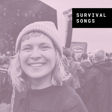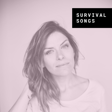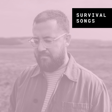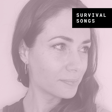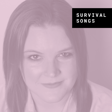
Ruth Charnock: 'Hejira’ by Joni Mitchell.
Every now and then, there comes a song that has space for everything - all of it. Good, bad and ugly; brave, wild and hilarious. This is one such song (and we know the perfect person to introduce you to it). Meet Ruth Charnock.
Ruth is a queer writer, tarot reader, artist, creative mentor, facilitator and lapsed academic. She makes work about feelings, music, sex, knots and words. She is the author and editor of Joni Mitchell: New Critical Readings and is working on a book about tarot and queer motherhood. She is one half of the collaboration ‘Witching the Institution’ with Karen Schaller and newly the co-steward of the Beyond Form creative platform alongside Sarah Amsler.
Show notes:
Website: www.ruthcharnock.com
Instagram: @ruthcharnock
Help us a grow a community of survival song listeners by joining us on over on Substack:
https://survivalsongs.substack.com/
‘Hejira’ by Joni Mitchell can be found on our community playlist on Spotify along with our listener’s Survival Songs. Check it out and add your own!
This episode contains small portions of ’Hejira’ by Joni Mitchell. Survival Songs claims no copyright of this work. This is included as a form of music review and criticism and as a way to celebrate, promote and encourage the listener to seek out the artists work.
Find out more about Joni Mitchell here:
https://open.spotify.com/artist/5hW4L92KnC6dX9t7tYM4Ve?si=HvAZj0oVTy28rz_MOsMH9Q
